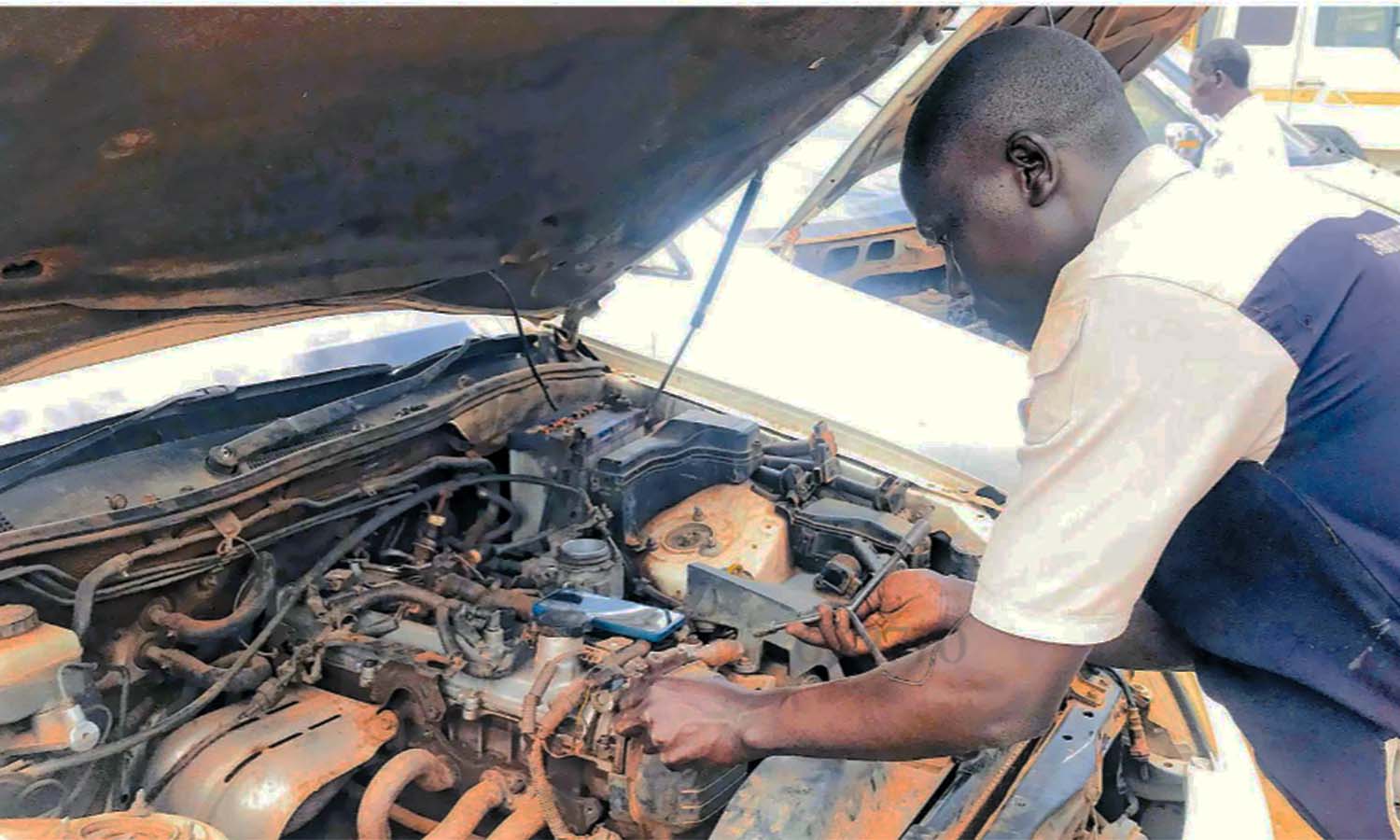Prime
Poor human activities aiding Butaleja floods

Locals wade through a flooded section in Butaleja District on Friday. PHOTO/YAHUDU KITUNZI
What you need to know:
- 60% Effect on wetlands: About 60 per cent of wetlands in the district have been encroached.
- Local leaders say there is need for the district to enact by-laws that will protect the environment.
Environmental experts and local leaders in Butaleja District have blamed the re-occurrence of floods to massive environmental degradation and lack of a political will to mitigate the effects of such disasters.
The experts say swamps and river banks of Manafwa and Nakwasi have been mismanaged by the locals due to poor agricultural methods.
They also blame the floods on failure by the government to erect embankments on River Manafwa and River Nakwasi and restore flood early warning systems.
The system, which stopped functioning in 2016, had been installed by the government in 2015 to alert locals of the rising water levels.
The concern comes following the occurrence of floods that hit the district on Friday, killing one person, destroying property worth millions of shillings and displacing many residents.
The yet unidentified resident was swept by water as he attempted to cross Nakwasi River in Leresi Cell.
Houses were submerged and household items such as beddings, clothes and crops were washed away by the ravaging floods triggered by the downpour from Mt Elgon. Transport was also paralysed and schools rendered inaccessible.
The most affected areas were Butaleja Town Council and Busolwe Town Council.
When Daily Monitor visited the affected areas, the displaced people were wandering without food, shelter, clothing, among other necessities.
The district has been experiencing back-to-back floods since 1976, and environmentalists further predict that this is likely to continue.
“Environmental degradation is rife in Butaleja District and it has been worsened by the laissez-faire approach to the disaster by authorities,” Mr James Wire, an agribusiness consultant, said.
“As of now, there are no visible efforts at an institutional level to stop this problem and it is worrying,” he added.
Mr Wire said there is a need for the district to enact by-laws that will protect the environment.
“Simple approaches such as requiring a permit before a tree is cut down in public or private land may seem harsh but bear fruits in the long run,” he said, adding that residents should be given seedlings to plant trees on the river banks.
The chairperson of Masulula “B” Village in Himutu Sub-county, Mr Mesulamu Wabaye, said there is limited land and this has forced the populace to encroach on what should be the green spaces, especially the swamps.
Ms Lamula Were, the district senior environmental officer, said the situation has been worsened by locals erecting residential houses on the river banks while others are farming and quarrying near the rivers.
“People should stop digging up to the river banks. Butaleja District is on a low land area,” she said.
Ms Were said about 60 per cent of wetlands in the district have been encroached on. She, however, said the environmental law will not spare those who are encroaching on the wetlands.
She said the district environment office has started implementing a presidential directive to restore wetlands.
Encroachment
Mr Higenyi Kemba, a resident and an opinion leader, said the main cause of the floods is human encroachment.
“Human encroachment around the river banks causes heavy silting that fills up the river bed, hence reducing the size of the waterway. When this happens, the route that water should take becomes shallow,” Mr Kemba said.
Mr Kemba said people should plant bamboo trees on either side of the river banks all the way from Bugisu Sub-region to Butaleja and Bugwere.
“Bamboo trees will stop the silting. When this is done, the deposits already in the river can then be removed...,” he said.
Mr Moses Wegulo, a resident, said repeated floods have affected them, especially in terms of food security and road network.
For example since this year started, the district has been hit by floods four times leaving hundreds of people homeless.
“This road from Mbale-Butaleja-Busolwe, which is the main link between the two districts is always cut off by floods,” he said.
Ms Madina Hifudde, another resident of Butaleja, said the affected families need urgent financial and moral support.
“We appeal to the government and other non-governmental organisations to intervene because the situation is bad,” Ms Hifudde said.
The chairperson-elect for Butaleja District, Mr Michael Higenyi Bory, said about 15,000 families have been affected by floods.
He said the crops destroyed include rice, sweet potatoes and cassava.
“We request the government to intervene and help our people. We need shelter and food,” he said.
The district environmental officer, Mr Tom Wandera, said the district is making an assessment report to submit to the Office of the Prime Minister for assistance to the affected families.
“We ask our people who are in flood-prone areas to relocate to safer places as we wait for any assistance from the government,” Mr Wandera said.
He said they have gazetted Doho Rice Scheme offices and some schools for people who have been displaced.
The Resident District Commissioner, Mr Stanly Bayole, said the government has the political will and it’s aware of the damage caused by floods.





